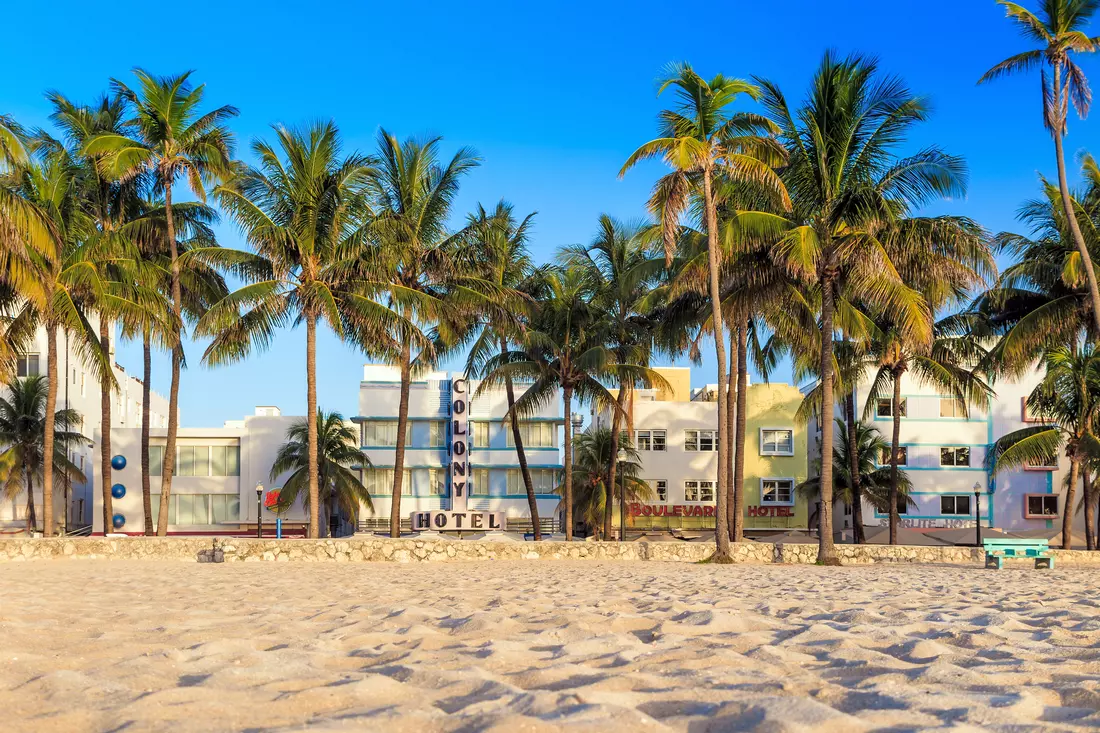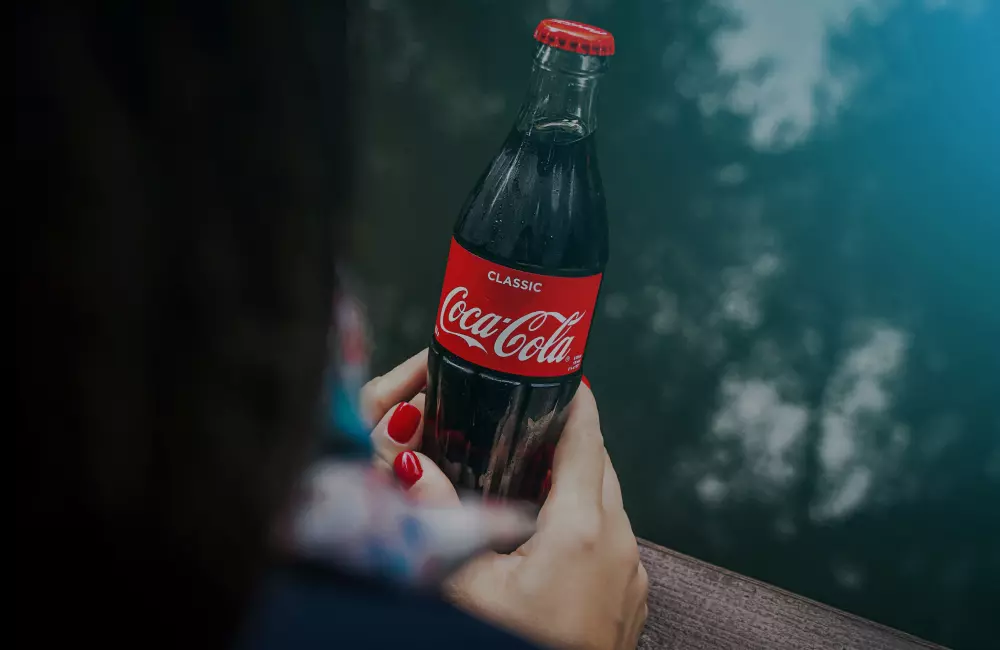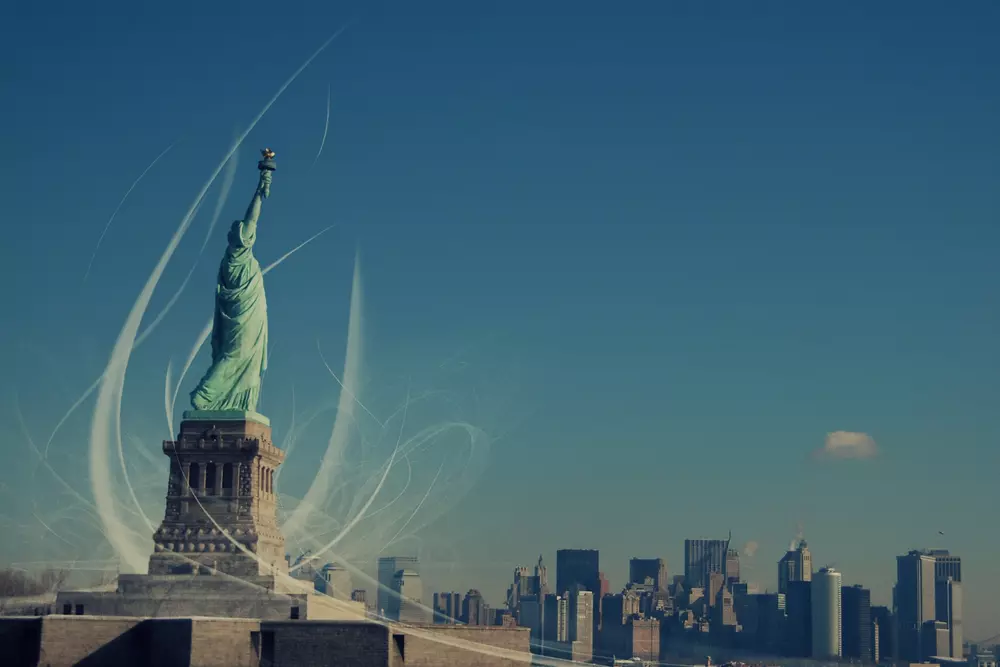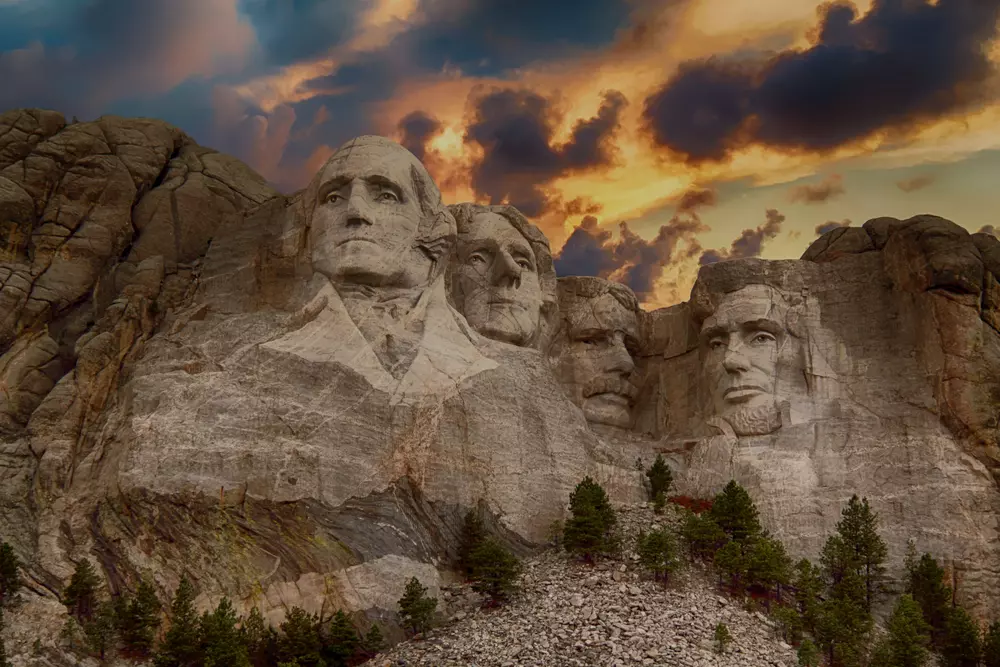Why is America always the benchmark?
We are always curious about how people live in other countries. We seem to be the same, but so different: culture, lifestyle, mentality, climate, religion... The list is endless. Of course, we can't cover everything, but we've gathered the most interesting and unusual things you should know about America. Even if it’s not useful in everyday life, you’ll always have fascinating topics for conversations.
Did you know that in America things aren’t like they are at home? A girl might get offended if you bring flowers on a date, it’s impossible to do laundry in the apartment, and giving birth outside of marriage is completely normal and natural.
We’ve gathered 20 interesting facts about various aspects of life in the USA: how many credit cards the average American has, where atheists are forbidden to work, how the legendary Native Americans live in the 21st century, and much more.

First Ten Fascinating Facts
- 01. Children born out of wedlock
In the USA, there are a lot of children born out of wedlock. Statistics show that nearly 40% of citizens are born outside of marriage or even stable relationships. There are more American couples in casual relationships than officially married people. In the 1960s, the number of married people was at a record high — almost 75% of the adult population, but today this number is below 50%. Despite the fact that most Americans consider themselves religious, they don't see anything wrong with cohabitation and having children from a casual or short-term relationship. - 02. Bible Belt
…But in some places, there is still opposition! In America, there is a region known as the Bible Belt. This includes several states in the southern part of the country, where religion has a strong influence on both private and public life, and where conservatism and missionary activity thrive. The Bible Belt includes the states of Oklahoma, Arkansas, Tennessee, Texas, Kentucky, Missouri, Mississippi, North Carolina, South Carolina, Virginia, Alabama, and Georgia. - 03. Restrictions for atheists
In most states of the Bible Belt, atheists are not allowed to hold government positions or work in schools. - 05.Flowers as a gift
Giving flowers to women is a sign of being cheap. Bouquets in the USA are quite inexpensive and sold in supermarkets. Showing up to a date with only flowers means seriously damaging your image. The girl might think that you are not only unwilling to spend money on her but also unwilling to spend time picking a gift. Flowers are usually given to those in hospitals and the elderly. - 06.Greeting cards
…However, it is completely normal to give a greeting card with a pre-written text. - 07.Neighborhood patrol
Social control in American society even extends to the personal lives of others. There is a specific term for this — Neighborhood Watch. The closest Russian equivalent would be “neighborhood patrol,” in fact, just regular tattling. If others notice something "abnormal" in your lifestyle, they will definitely report it to the police and other authorities. - 08.Making money out of thin air
Americans are world champions in making money out of nothing. A large percentage of people live on unemployment benefits, and others earn by participating in lawsuits and receiving compensation for products or services they claim didn’t meet their expectations. Business can be made out of anything here. - 09.Beliefs of Americans
More than 45% of Americans believe in the existence of aliens, ghosts, and other mysticism. At the same time, the USA publishes the most scientific papers in the world. - 10.The American flag
The Flag of the United States has changed 26 times, and the designer of the modern starry-striped flag was an ordinary schoolboy. In 1958, 17-year-old Robert Heft submitted a model of the flag with 50 stars (for the number of states, later it became 51) and 13 stripes (for the number of colonies) as a homework assignment and received a B- grade (by Russian standards, it's 4-). The teacher said he would give an A grade only if the flag was accepted by the authorities. Unexpectedly, his work won a national competition by the Congress, and the grade was revised. Since 1960, the flag of the USA has remained in its familiar form.
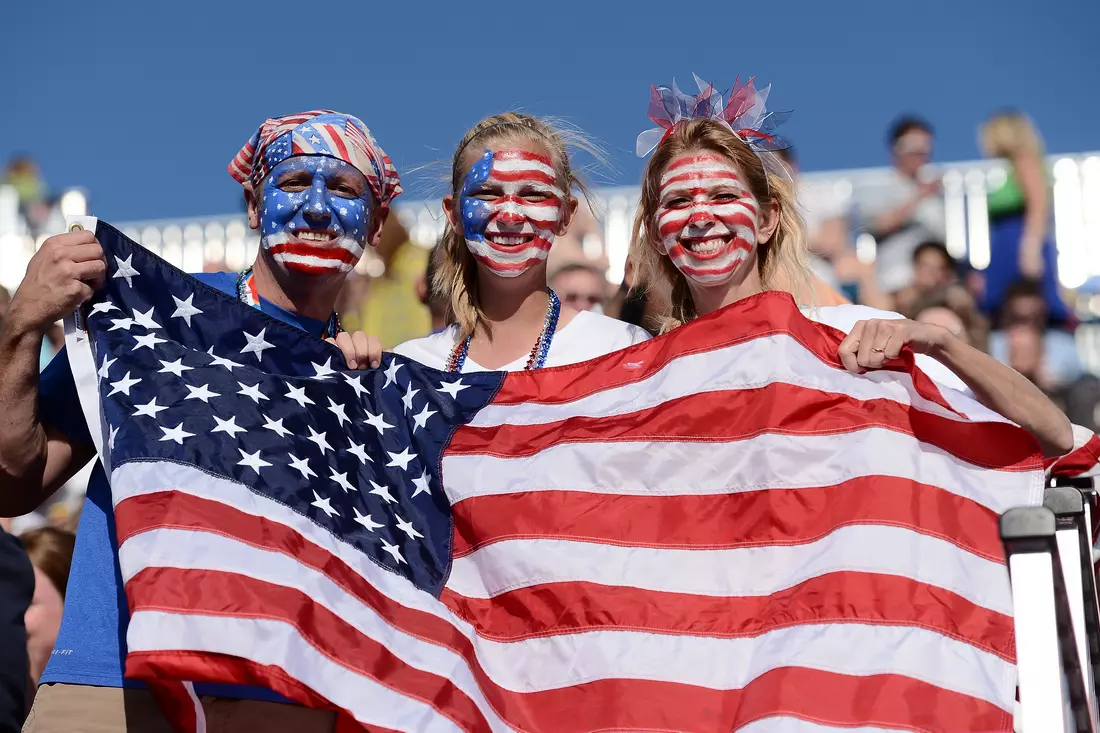
Second Set of Fascinating Facts
- 11. Flag production
Speaking of the flag, American military legislation regulates the country of production of national flags — only the USA. This means that military units can go to tribunal for using flags made, for example, in China or Pakistan. - 12. Flag etiquette
There is a huge ceremony for handling the flag. For example, it is strictly forbidden to lower the flag as a sign of respect to anyone. It must be folded in a specific way, creating a triangular shape, when stored. - 13. Native peoples
And what about the native peoples who don't care about the flag? Currently, there are 556 officially recognized Native American tribes living in reservations. They are mostly located in the western part of the country, occupying 2.3% of the land area of the USA. Residents of reservations are subject to both US laws and tribal laws equally, are exempt from some taxes, and manage land independently. However, they are often displaced due to the extraction of minerals and the construction of casinos, with high child mortality rates, disappearing native languages, and thriving unemployment. - 14. Washing machines in apartments
Not all apartment buildings have washing machines. Often, there is a shared laundry room in the basement, or there are no machines at all — just public laundromats. It's quite normal to see people carrying laundry baskets on the street. - 15. The cult of food and weight loss
In the USA, two opposing cults exist: the cult of food and the cult of weight loss. Due to the country's obesity issues, it might seem that the first has won, but that's not true. Mass culture still often touches on weight loss, and shedding excess weight is considered a heroic act. - 16. Taxi drivers-emigrants
According to statistics, 60% of all taxi drivers in the USA are immigrants. In New York and Los Angeles, this percentage reaches up to 90%. The same situation exists with gardeners: over 85% of assistants in gardens or employees of agro-industrial enterprises are Spanish-speaking people. - 17. Number of Chinese
In the Chinatown district of San Francisco, there are more Chinese than in the rest of the Western Hemisphere. - 18. Most popular fast food
The most popular fast food dish in America is not hamburgers or fries, but pizza. It is even included in school lunches. - 19. Cinema and its influence
The US film industry practically occupies almost 70% of the global film market and is the main driver of progress in the industry. Every year, the USA releases 650-700 feature films — that’s 1-2 films per day. - 20. Price tags and taxes
Price tags do not include the taxes. This means that in fact, you will pay more for the product than what’s listed on the price tag, and you'll only find out about the tax when you reach the checkout. This is because sales taxes on goods vary by state — brand-name sneakers in Illinois will cost less than the same sneakers in New York.
The best routes, tours and excursions in Miami
Of course, this is far from everything you need to know about America and Americans. The specialists at American Butler are sure that the most important and interesting things can only be discovered by immersing yourself in daily life and the language environment. If you're thinking about a trip or a move to the USA, don’t hesitate to contact us for help or consultation.
We are always happy to advise on the best places and the most beneficial solutions for achieving your goals.














